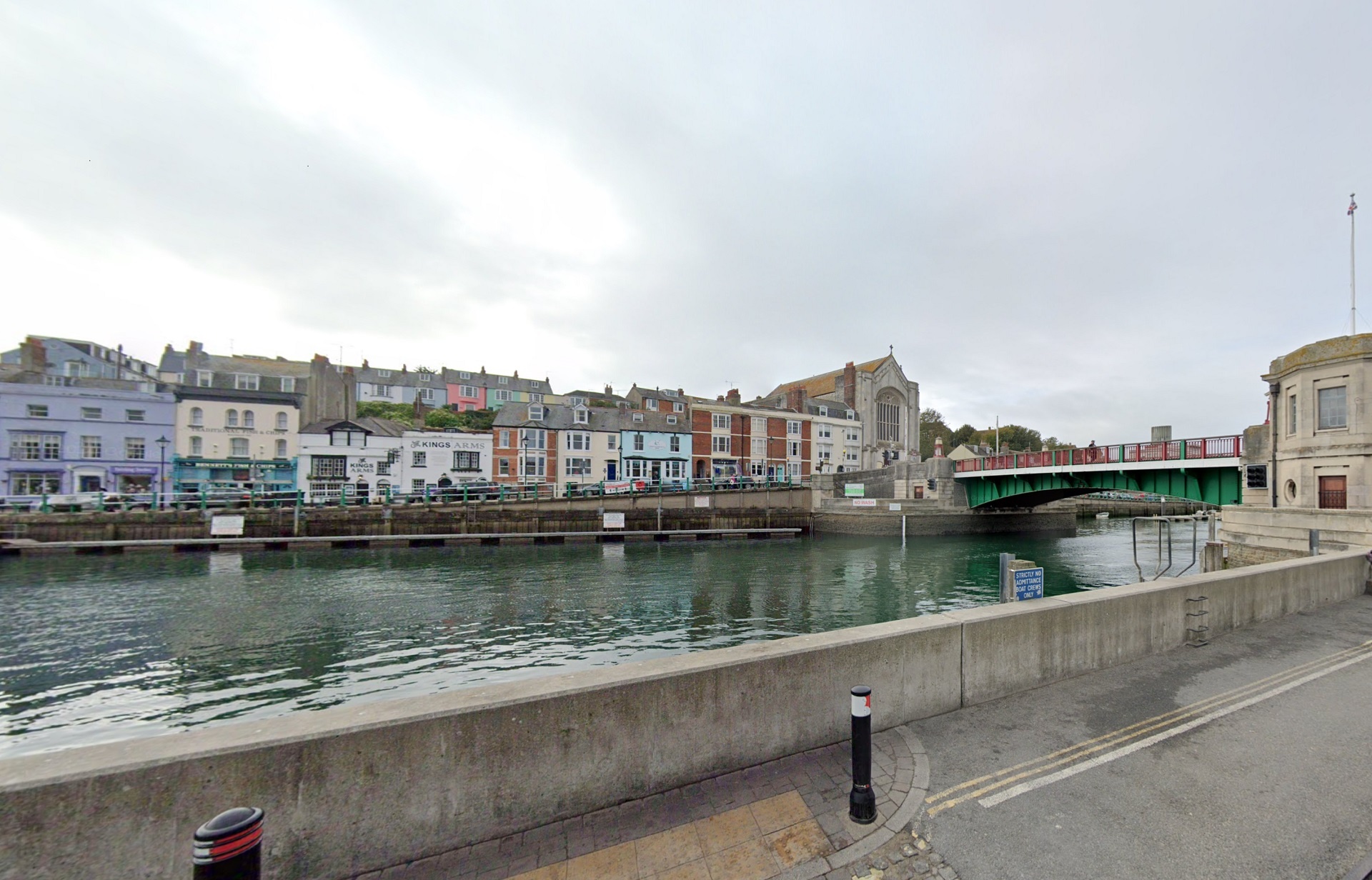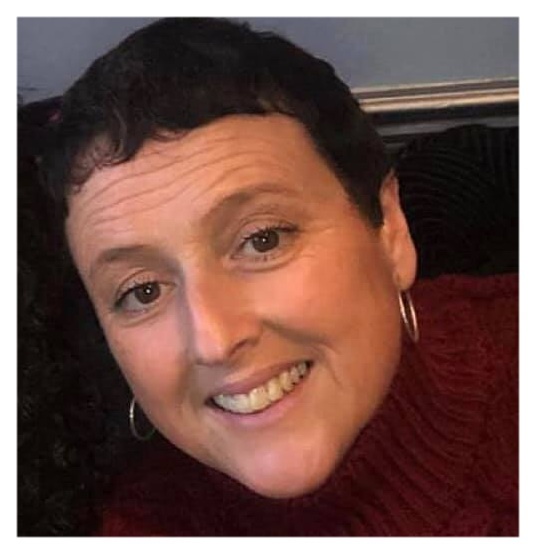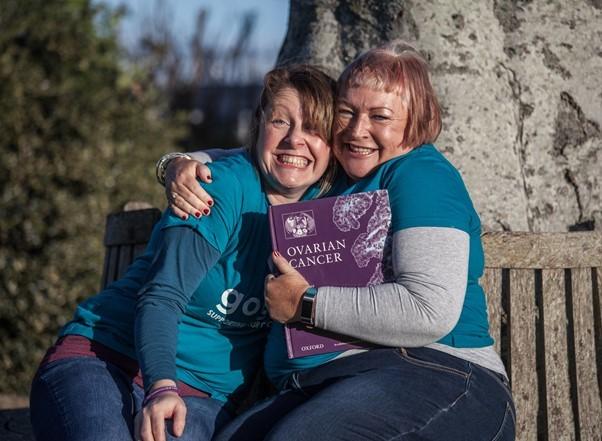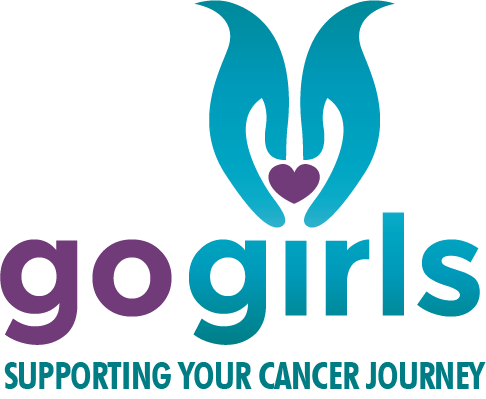Cancer charity, GO Girls, is urging improved, earlier diagnosis for women with ovarian cancer as part of its new #beheard campaign for Gynaecological Cancer Awareness Month (1st – 30th Sept 2021), as ovarian cancer has one of the longest intervals between referral and start of treatment.
Alison Green, aged 49, and a member of the GO Girls went through multiple tests before being diagnosed with stage 4 ovarian cancer. “I felt I was just not heard. I started my journey in 2019 yet it took to 2020 for me to get my diagnosis. I was sent for liver scans, bladder scans and was even told I had a sexually transmitted disease. On multiple occasions, I asked if it was cancer only to be told “no”.”.
It was not until Alison had an ultrasound scan for a urinary tract infection (UTI) that suspicions were aroused. “It was only when my GP reviewed my scan report did she ask if I had a history of ovarian cancer in my family. She then decided to send me for a CA125 blood test.”
Alison’s nan had died from ovarian cancer. “My family history could have been asked about much earlier, but I felt no one was really listening: I simply was not heard”
Alison’s blood results demonstrated an elevated CA125 result, a tumour marker test used to help aid diagnosis of ovarian cancer. “I was called back to the surgery urgently; I felt so cross I had been “shouting” for months, but had never really been heard saying sorry at this point is a bit too late”
Alison’s disease was not diagnosed until it had spread. Not only was Alison struggling with pelvic disease, but she had also developed a persistent cough. “The COVID pandemic was kicking off and I couldn’t see a GP. I felt so frustrated. I was sent on a fast-track pathway for lung cancer”. A CT scan revealed fluid on Alison’s lungs which after draining over a litre of fluid demonstrated ovarian cancer cells in her lungs.
According to Hilary Maxwell, Chair of GO Girls and Gynae-Oncology Clinical Nurse Specialist, “Ovarian cancer has some of the longest intervals between referral and start of treatment. We need to be asking why, and what can be done to change this: Alison’s story is all too familiar.”
Over 21,000 women are diagnosed with a gynaecological malignancy annually and over 7,500 with ovarian cancer directly. It is the fifth most common cause of cancer in the UK and the seventh most common cause of cancer mortality, making it the deadliest gynaecological cancer.
The Government pledged in its NHS Long Term Plan that by 2028, 75% of people with cancer will be diagnosed at an early stage (stage one or two). “However, in women with ovarian cancer this is more likely to be Stage 3 or 4, reducing survivorship for these women. Women must #beheard”.
Women with advanced disease which has spread (metastasised) are much more likely to have disease which will recur. If women are not diagnosed until their disease is advanced, the likelihood of recurrence is almost inevitable with ovarian cancer having a 5-year survival of only 30-55%. “For these women and their families this will be devastating news at a time they are coping with an initial diagnosis”, said Hilary.
Sharon McCartney, trustee of GO Girls, and qualified nurse, explained: “When signs or symptoms do appear, they often go unrecognized, leading to delays in diagnosis. We are now demanding women must #beheard. Whilst we accept this is not an easy disease to diagnose, clinicians must consider ovarian cancer as a possibility if women present with symptoms suggestive of the disease”.
GO Girls are asking for women to #beheard as part of this year’s campaign. If you are worried you may have symptoms of ovarian cancer, including abdominal pain, bloating and feeling you can’t eat much or feeling full, these may be signs of the disease, particularly if they do not go away.
To follow the GO Girls campaign, follow them on Twitter, Facebook and Instagram and use the hashtags.
#ovariancancer #beheard #gogirls
To contact them GO Girls visit: www.gogirlssupport.org
Top picture: Alison Green


















